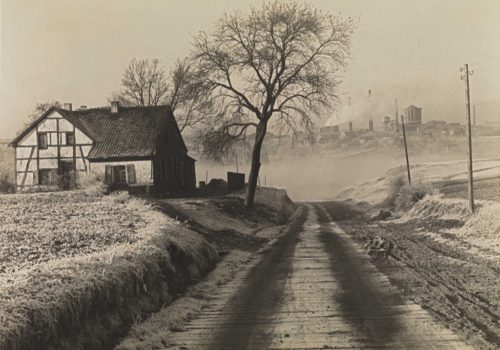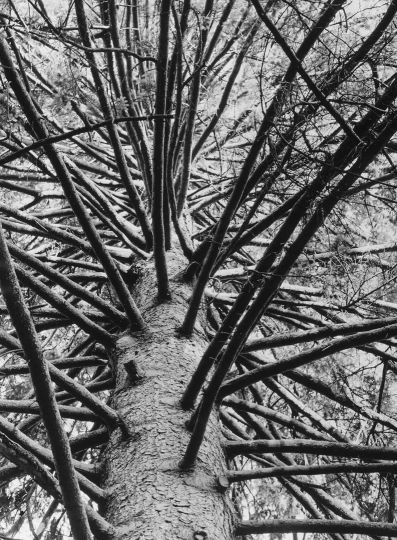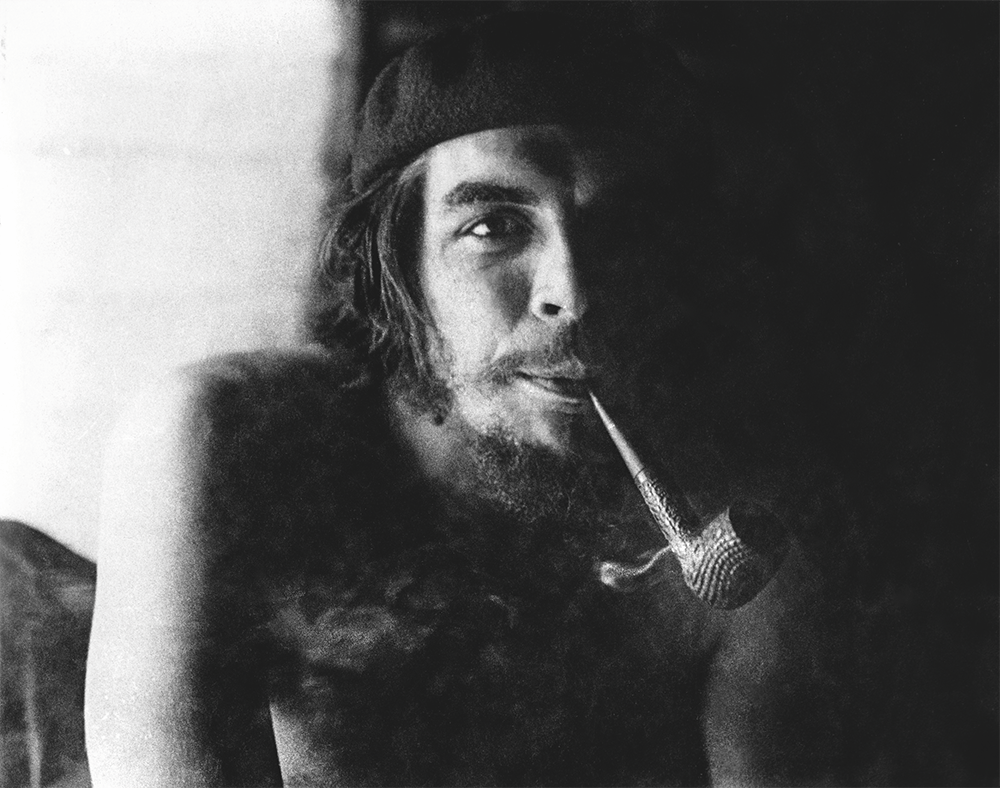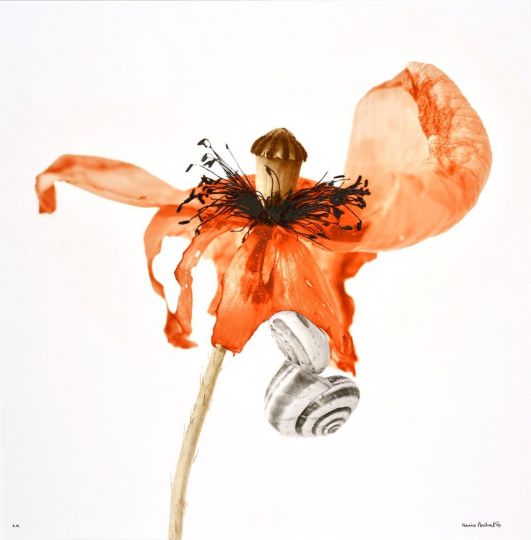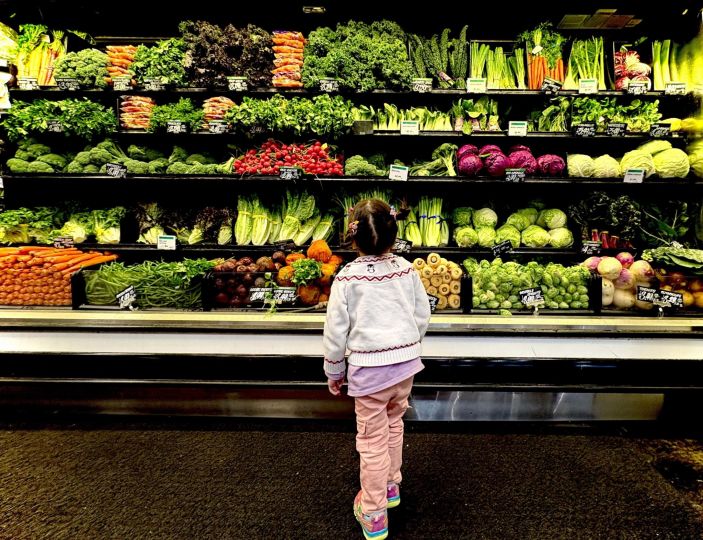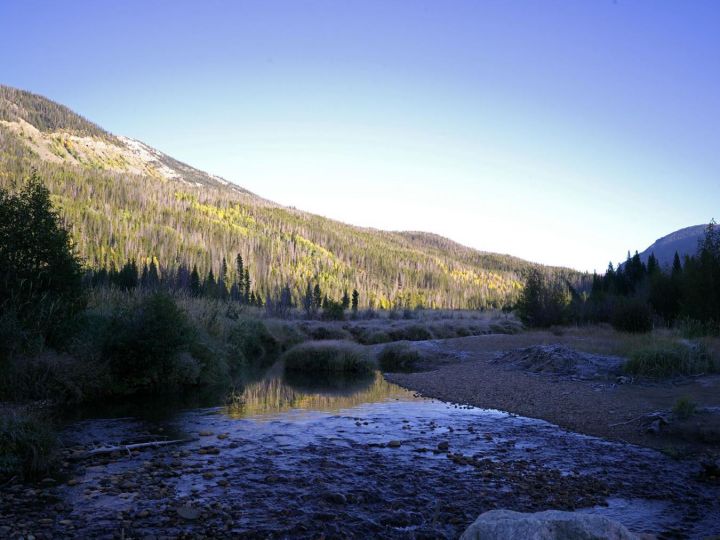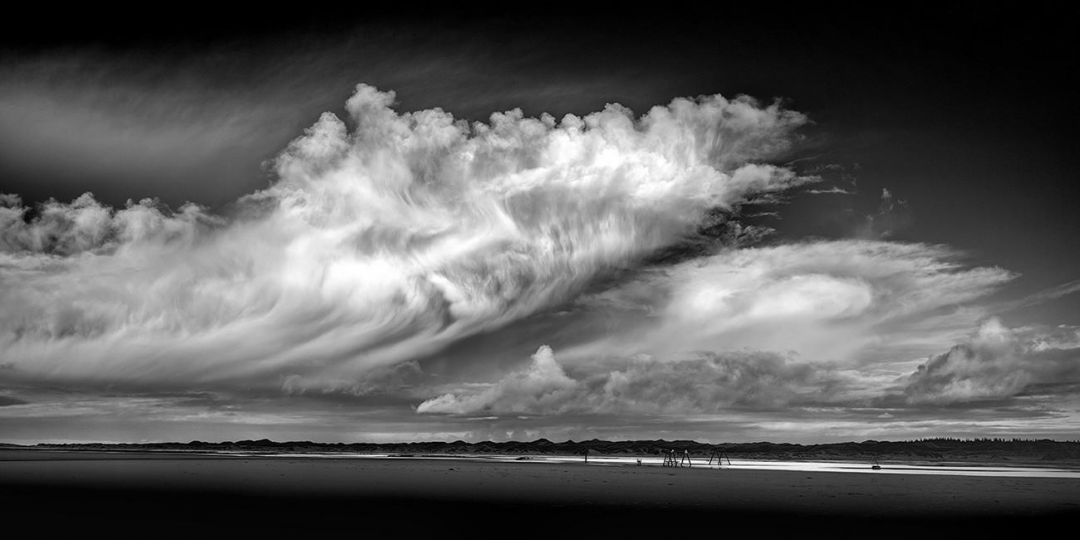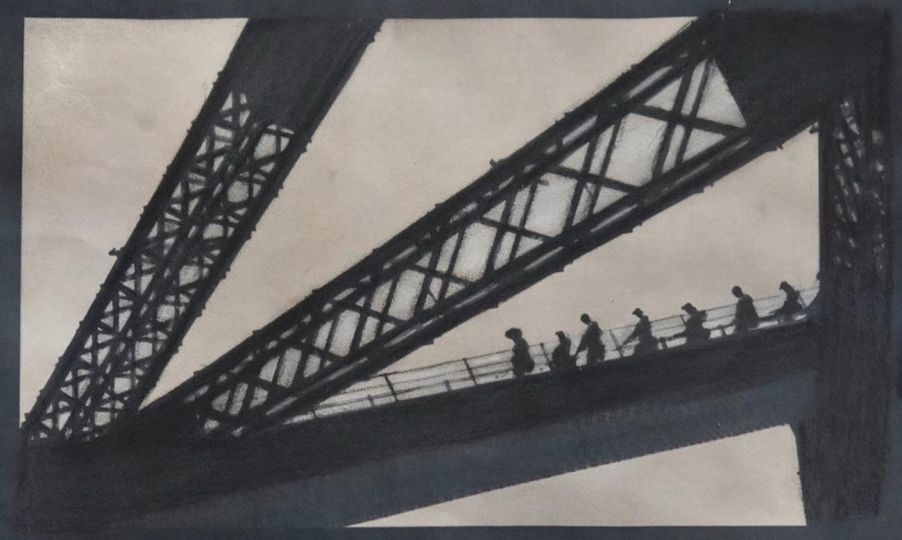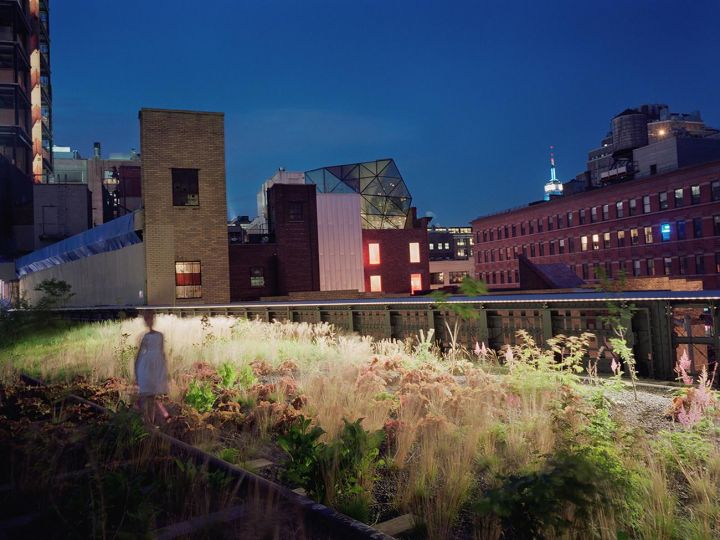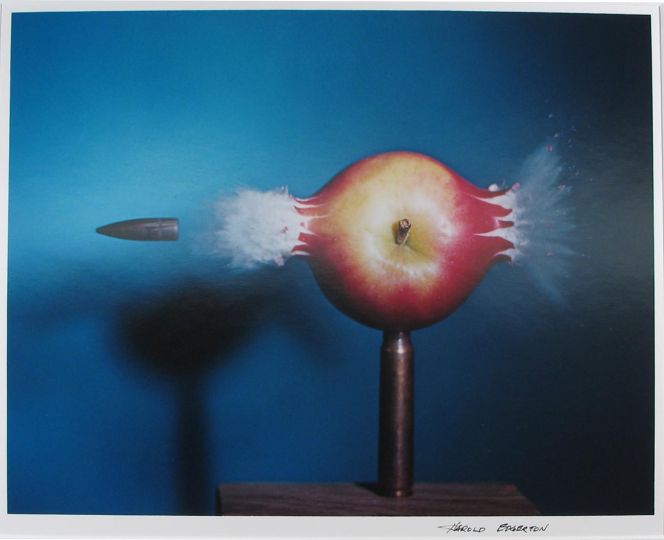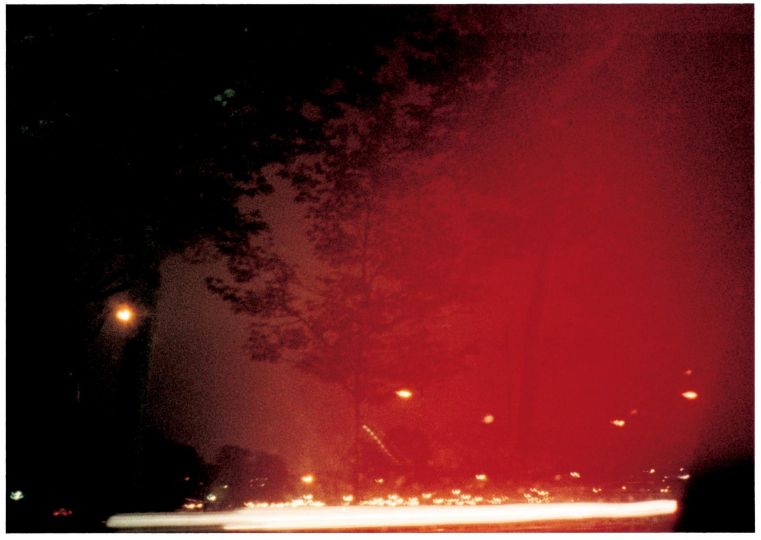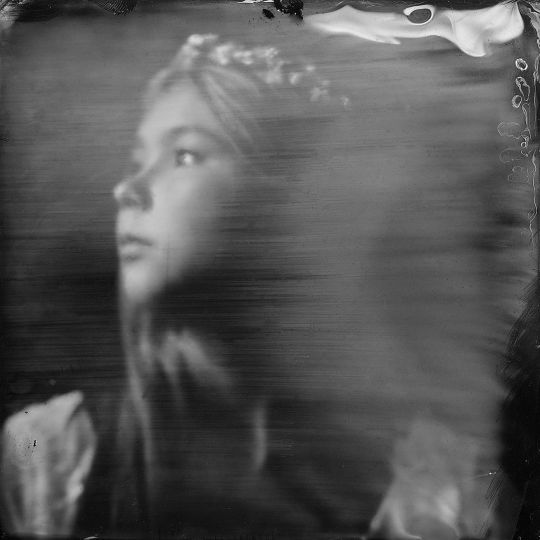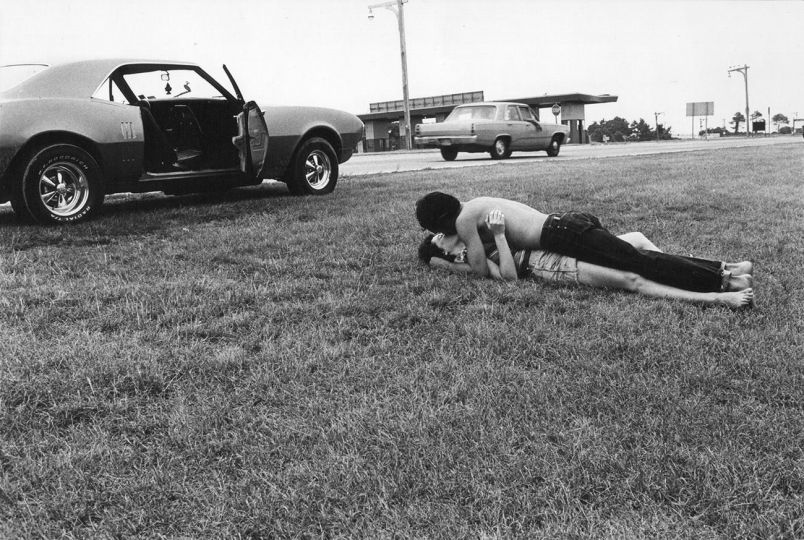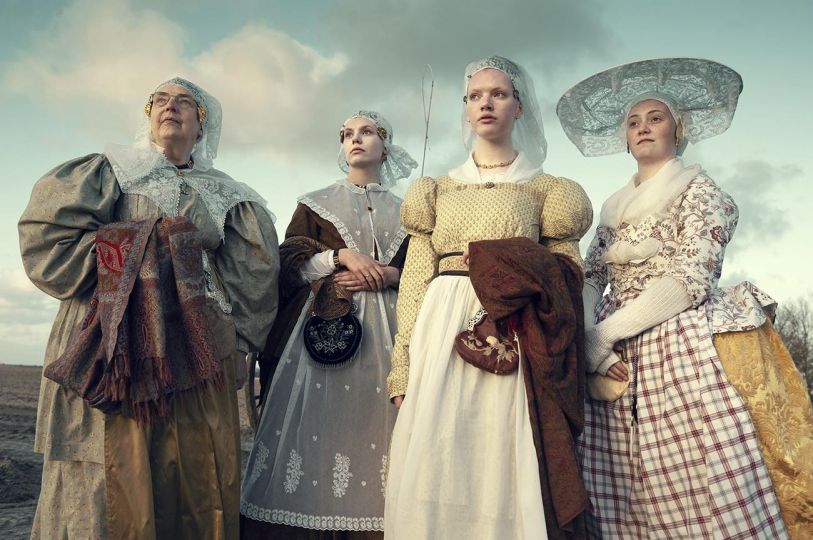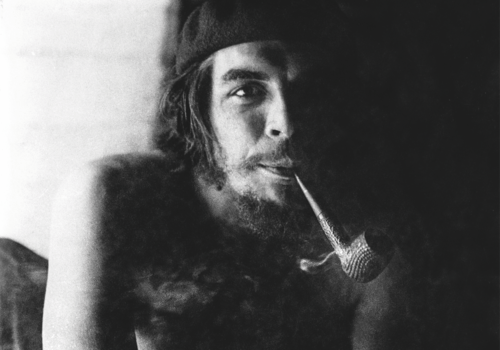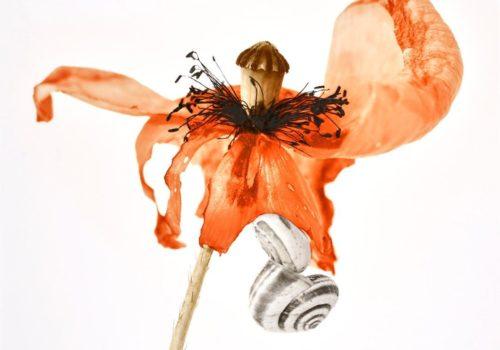In the years 1927–1935, Albert Renger-Patzsch, one of the most important photographers of the New Objectivity school, took a comprehensive series of photographs in the Ruhr area depicting the outskirts of towns, landscapes of spoil pits, country roads, backyards and suburban houses, allotments and coal mines. The result is the only body of work by Renger-Patzsch that was not commissioned. With reserved emotionality and clear compositions, the photographs mark a significant position in the landscape genre that was, for instance, seldom found in painting at that time.
Now this group of Ruhr landscapes, taken from the collection of the Ann and Jürgen Wilde Foundation, is being presented to the public for the first time. The comprehensive exhibition includes 110 photographs from the Ruhr series, accompanied by documents and archival materials illustrating other commissioned works and publications by Renger-Patzsch from around this time.

